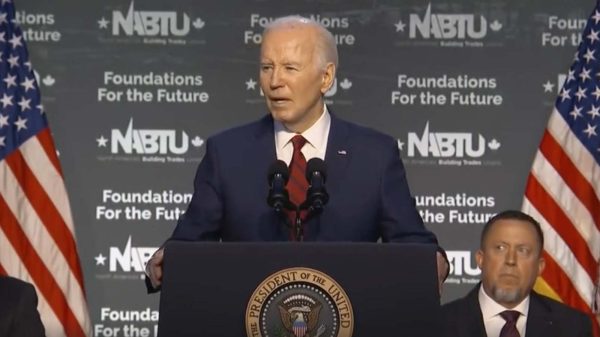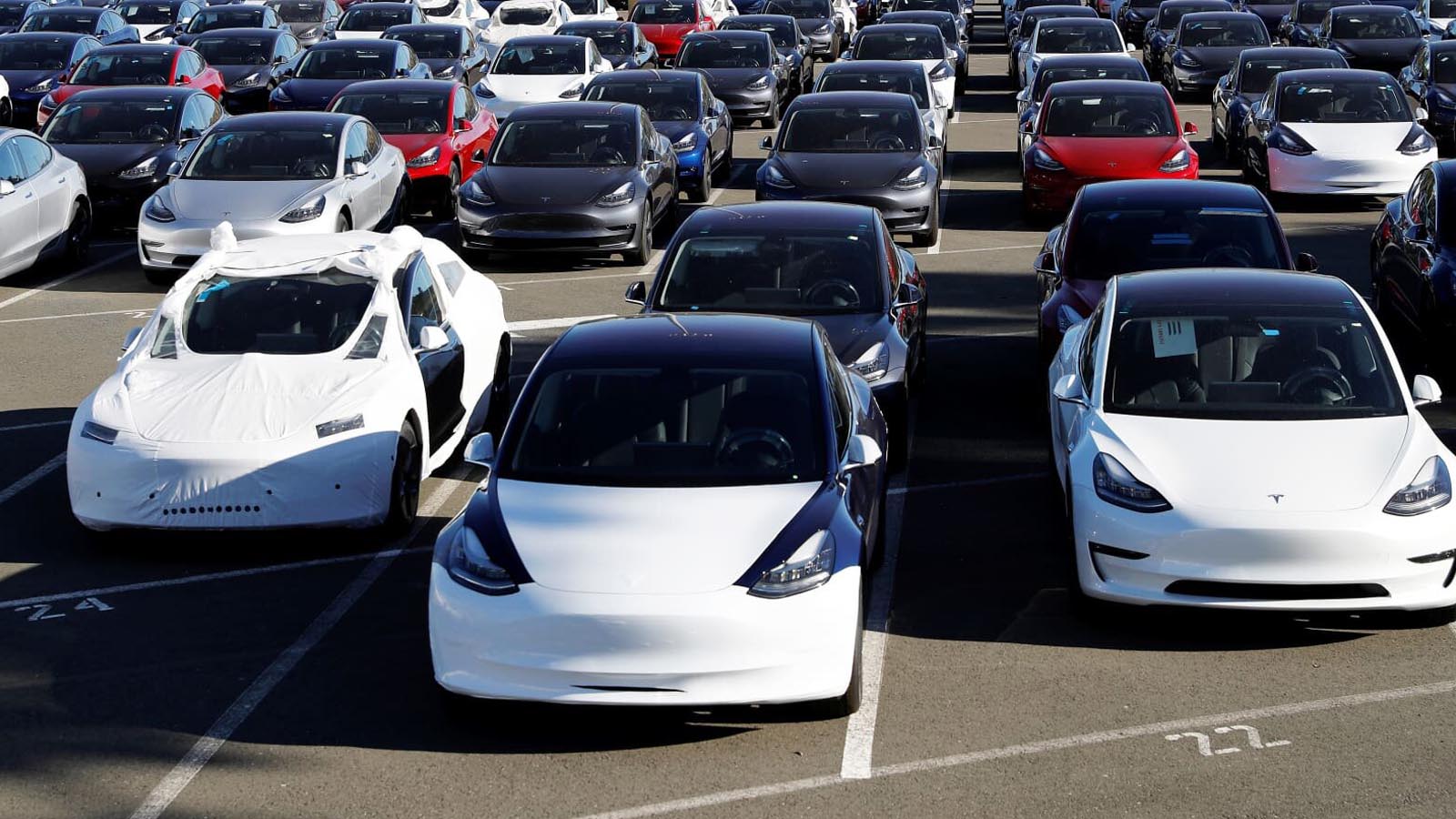A survey discovered that charging logistics is the primary reason why Americans aren’t buying electric vehicles.
Consumer Reports, which said it surveyed around 8,000 Americans, found that 61 percent said they wouldn’t seek to own an electric vehicle because of charging logistics while 55 percent cited the number of miles a vehicle can go per charge. Another 52 percent said that the costs of buying and maintaining an electric vehicle are cost-prohibitive.
Another 46 percent of the respondents stated they have not heard of any financial incentives available for owners of electric vehicles.
“We found that 14 percent of American drivers say they would ‘definitely’ buy or lease an electric-only vehicle if they were to buy a vehicle today,” said Consumer Reports. “That’s up markedly from the 4 percent who said the same in a 2020 nationally representative survey from CR of 3,392 licensed U.S. drivers.”
According to recent figures from Kelly Blue Book, the average price of a new electric vehicle hovered at roughly $56,000. In contrast, the average price of a new compact was about $25,000 at about the same time. The average price of a new, non-electric SUV was $34,000, while the electric version was nearly $45,000.
Meanwhile, a recent report from data analysis and advisory firm J.D. Power, however, found that electric vehicles and plug-in hybrids may have more problems than internal combustion engines.
While internal combustion engine vehicles averaged 175 problems per 100 vehicles, this jumped to 239 among plug-in hybrids and 240 among electric vehicles, a June 28 press release of the J.D. Power 2022 U.S. Initial Quality Study stated. Lower scores represented higher-quality vehicles.
Tesla models, which were included in the industry calculation for the first time, averaged 226 problems per 100 vehicles, according to the report.
“Automakers continue to launch vehicles that are more and more technologically complex in an era in which there have been many shortages of critical components to support them,” David Amodeo, director of global automotive at J.D. Power, according to the press release.
Amid elevated gas prices, White House officials have continued to suggest that Americans buy an electric car as Republicans have faulted the Biden administration’s policies for the spike in prices.
In mid-June, Energy Secretary Jennifer Granholm suggested that Americans can deal with $5 per gallon of gasoline by ditching an internal combustion engine in favor of an electric one.
“If you filled up your EV [electric vehicle] and you filled up your gas tank with gasoline, you would save $60 per fill-up by going electric rather than using gasoline, but it’s a very compelling case,” she said in a clip circulated by Republicans on social media on June 14. “But again, we want to bring down the price at the point of purchase.”












I hope none of you fell for the $60 saving. That is the biggest lie so far. EV’s generally will not drive the same range of miles per fill up. Most will only go 200-250 miles. Then you have to recharge which is at least 4 hours; but a 4-hour charge will reduce the range by 40-50%. My 2018 Ford Escape gets 28mpg and has a range of 450 miles. An BMW EV has a range of 240 miles. In essence, it will take 3-4 days to drive 900 miles. My Ford will do it in 16 hours.
How much electricity does it take to charge and EV? Actually, it takes 3 days to charge an EV from 5% to 100%. That’s like running your clothes dryer for 3 days non-stop or heating your home in the Arctic Circle for 3 days.
Let’s say that this is a typical day and 40% could actually find an EV and purchased it. The day after tomorrow all these cars would require a charge. Do you really think that our current electrical grid could handle that load? Answer: Hell No!
Let’s say this is a typical year on the east coast of the United States and a hurricane Cat 5 is about to make landfall. Governor declared emergency and you are required to evacuate. How many people would die due to dead EV batteries.
No one living on a budget can justify an EV. Common sense will tell you that EVs are so overpriced that dealers are willing to finance up to 10 years just to pay for one. The automobile industry has lost its mind! Imagine the EV salvage yards of the future where they are as large as huge farms because of obsolescence.
Secondly, the batteries for these EVs are dangerous. Accidental penetration into one of these batteries and the subsequent environmental disaster that follows has never really been thought out.
The answer to everything is to stop and think. Other countries have come up with brilliant strategies to phase in the next ultimate driving vehicle. Phase 1 is to synthesize more non-petroleum fuels, like plant based alcohol options. Phase 2 is improve hybrids,like the hybrid diesels and electrics, or the hybrid diesel/hybrid electric. Phase 3 is improve the plug-in Hybrid to electric where the electric solution is the primary engine. There are plug-in Hybrids over hybrid diesels that can get 200 miles per gallon sitting in labs collecting dust. Why? Because our government is pushing EVs.
And let’s not forget the environmental impact of adding more power plants to handle the EV infrastructure. How much more natural gas, hybrid natural gas and other fuels will be consumed. We need to add more hydro-electric and atomic power plants. Don’t come back with today’s solar and wind power as this is not sustainable.
Like I said: The real answer for today is Plug-in Hybrid Hybrid. That is, Hybrid electric as the primary and diesel hybrid as the secondary. The cost per mile is realistic and sustainable for today’s infrastructure. We already have this technology and need to capitalize on it. In the mean time,we need to build more atomic power plants and expand hydro-electric power while we are rebuilding our ancient grid.